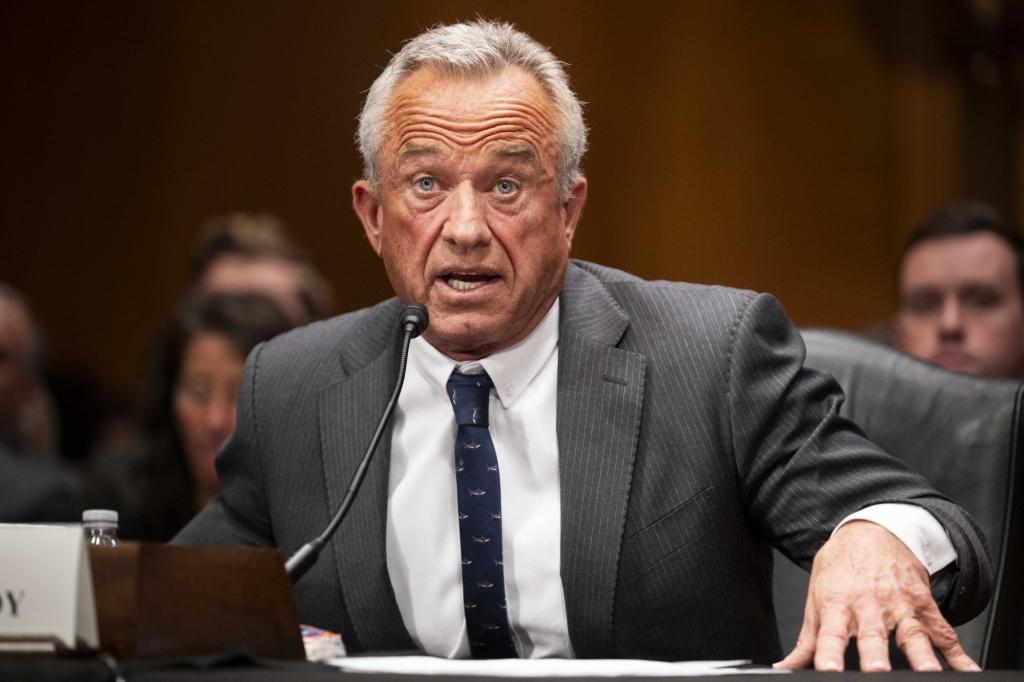Unfit for Leadership: RFK's Controversial Hearings Expose Critical Concerns

Robert F. Kennedy Jr.'s recent Senate confirmation hearing for the Department of Health and Human Services (HHS) has definitively exposed his profound unsuitability for this critical leadership role. The hearings served as a stark reminder that his controversial views and questionable understanding of public health fundamentals make him a dangerously inappropriate candidate.
Throughout the two-day proceedings, Kennedy repeatedly demonstrated a troubling disconnect from scientific consensus and medical expertise. His long-standing history of spreading misinformation, particularly regarding vaccines and public health policies, should raise serious red flags for any responsible legislator considering his nomination.
Kennedy's track record of promoting debunked medical theories and undermining established scientific research makes him fundamentally incompatible with leading an agency dedicated to protecting and improving national health standards. His rhetoric consistently undermines public trust in medical institutions and could potentially jeopardize critical public health initiatives.
The Senate confirmation process has made one thing abundantly clear: Robert F. Kennedy Jr. lacks the credibility, expertise, and judgment required to lead the Department of Health and Human Services. His nomination represents a potential risk to evidence-based healthcare policy and the well-being of millions of Americans.
Senators must recognize that this is not a partisan issue, but a matter of ensuring competent leadership in a crucial government agency. Rejecting Kennedy's nomination is not just advisable—it is essential for maintaining the integrity of public health leadership.
